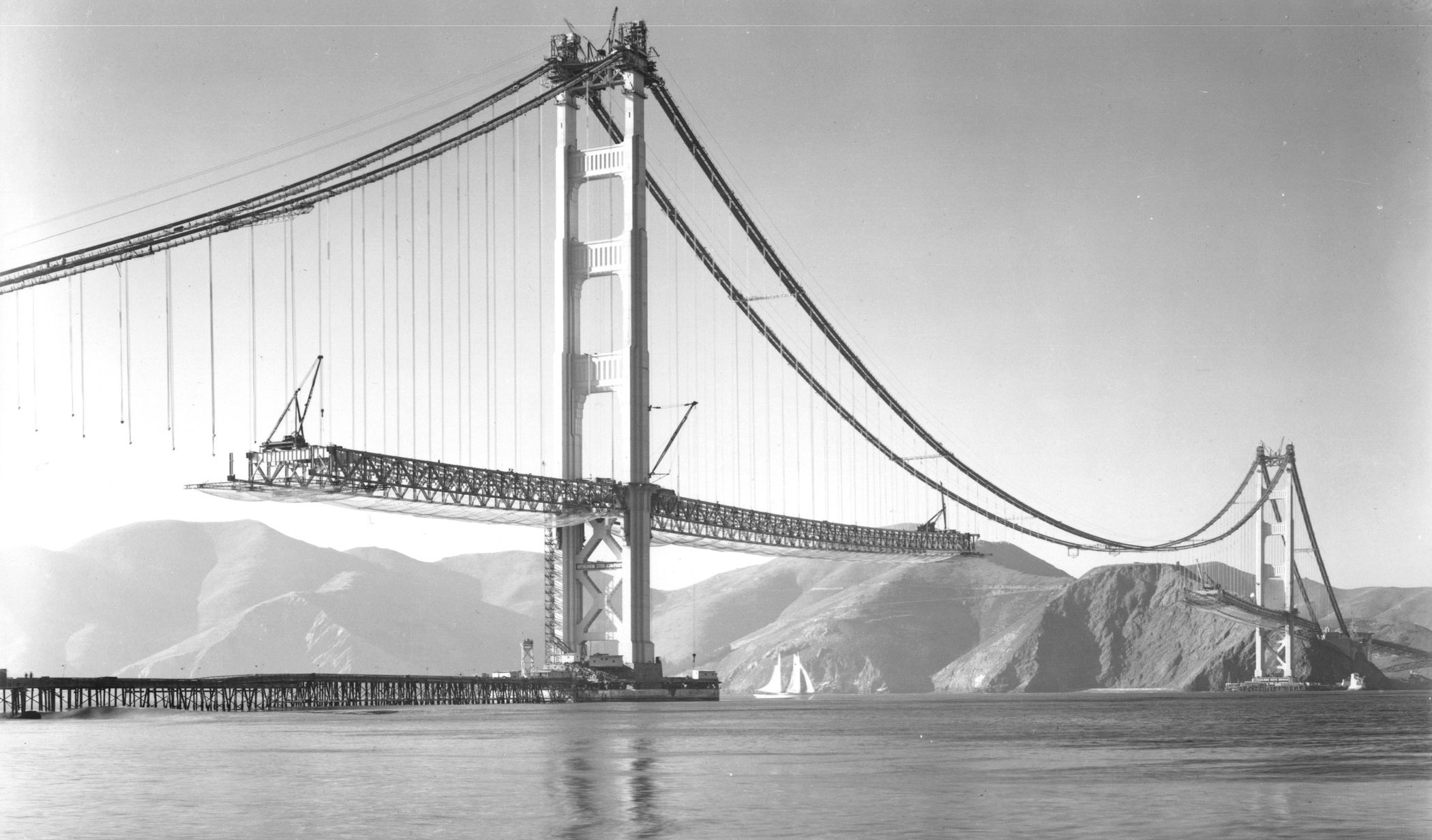Four things that the current Internet makes harder
And one wrong level to fix them.

The Side Effects of an Unfinished Internet make it much more difficult to use it meaningfully, particularly for creators, that is the people that deal most with thinking about new ideas and building new things. Meaningful creation is affected by (among other things):
- Downtime: The time to wander, reflect, and come up with new ideas. Taking breaks from mental tasks helps creativity. [Today, instead] many people can’t remember the last time they were bored.
- Focus: The ability to concentrate for long periods on a single idea or task. The design of the internet is particularly conducive towards making it difficult to do deep work, even outside of working time
- Motivation: The desire to put work into new but uncertain endeavours without concern for opportunity cost. [But] The increased connectedness of the internet means we’re more aware of all the other things we could be doing instead (or that others would say about our endeavour)
- Community: An environment that facilitates encountering a novel set of viewpoints and ideas, and propagates high-quality, thoughtful ideas while suppressing low-quality ones. Internet curation filters (of any kind) make it harder, not easier, to be exposed to novel ideas and differing viewpoints.
The article contains many more examples and thoughtful comments about these four “side effects”, proving what a problem they are. It fails, however, on the solution side.
Even more startups?
The solutions proposed in the article are, listing them in the opposite order they are presented there, for reasons that will be clear in a moment, are:
- On the more radical side of things, maybe we could fundamentally redesign how the internet works so that it doesn’t have these effects on our attention and focus. Maybe that could be an abstraction layer that gets rid of hyperlinks. Or perhaps… smarter systems that present information in a more long-form, focused way more akin to conversations or documentaries.
- Increasing the communication bandwidth of the internet - in other words, making it more like communicating in real life - could also help. Perhaps spaces enabled by VR would let us have more meaningful engagement with other people, such as full conversations.
- We could also tweak internet platforms to deemphasize social validation.
- we could invest in teaching people how to thoughtfully use the internet… There may be a meaningful startup here: one focused on helping people better use the internet and find the communities important to them.
The third solution may be implemented by just removing instantness from social networks. However the first three solutions are just more technological solutionism, at the same level whose sanctification created the “four side effects” we need to fix now: just throw more technology at something, and it will work, for sure. But you don’t fix something created by letting tech go wild with just more tech.
The last solution, that is the first mentioned in the article, is the right one, but “a startup” (another occurrence of the solutionist attitude) is the worst way to implement it.
“Teaching people how to thoughtfully use the internet” is a necessary and maybe sufficient solution for the bad “side effects”. But this must happen inside:
- families
- schools
- more responsible media
- more competent parliaments
NOT in, or through, startups, that by definition are legalised bets to make lots of bucks, everything else be damned.
Maybe, more than startups, it’s the organizations in the last list above that need to be restarted up, and properly funded, to “make the Internet work”.
(This post was drafted in May 2020, but only put online in August, because… my coronavirus reports, of course)
Who writes this, why, and how to help
I am Marco Fioretti, tech writer and aspiring polymath doing human-digital research and popularization.
I do it because YOUR civil rights and the quality of YOUR life depend every year more on how software is used AROUND you.
To this end, I have already shared more than a million words on this blog, without any paywall or user tracking, and am sharing the next million through a newsletter, also without any paywall.
The more direct support I get, the more I can continue to inform for free parents, teachers, decision makers, and everybody else who should know more stuff like this. You can support me with paid subscriptions to my newsletter, donations via PayPal (mfioretti@nexaima.net) or LiberaPay, or in any of the other ways listed here.THANKS for your support!